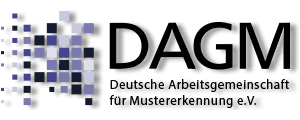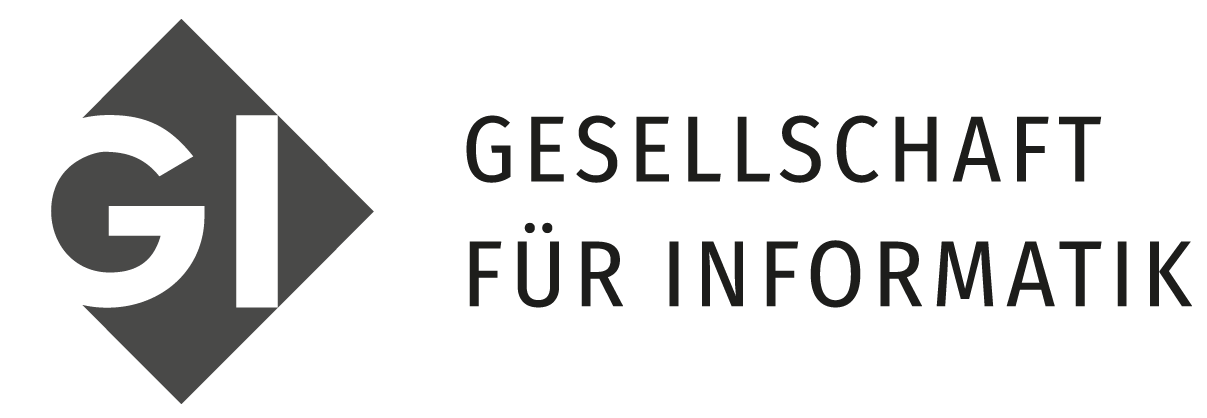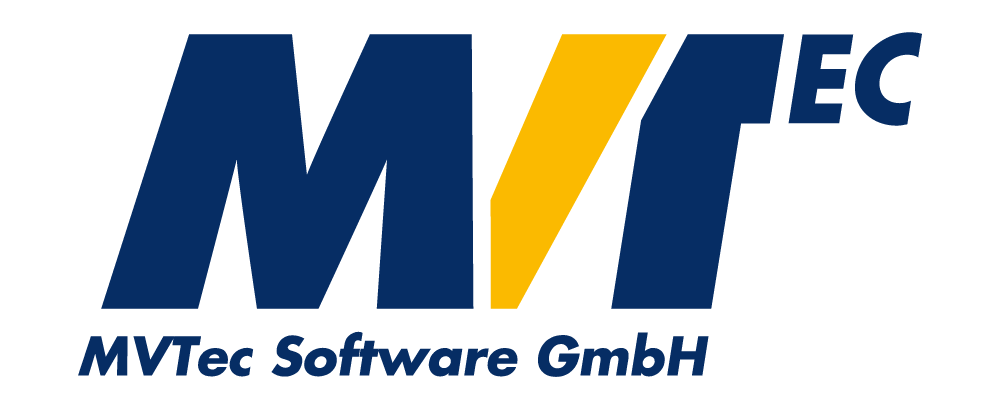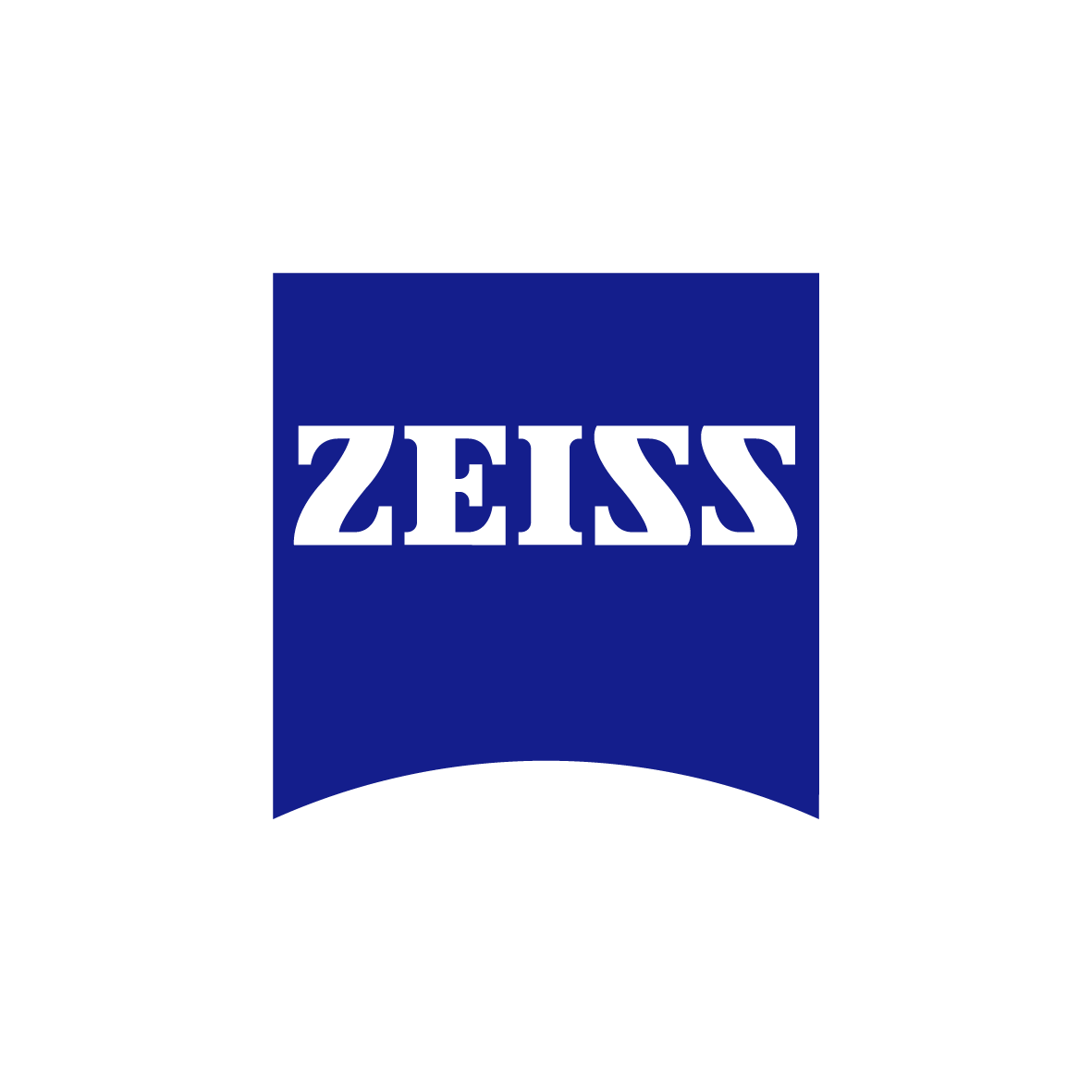Special Tracks
In order to encourage submissions in vision-related fields and in fields that have a stronger focus on applications, GCPR 2018 will have three special submissions tracks with dedicated track chairs who coordinate the review process. The three tracks comprise:
Track Chairs
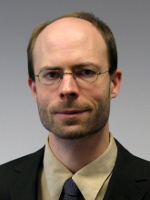
Bodo Rosenhahn, University of Hannover
Bodo Rosenhahn studied Computer Science at the University of Kiel. After research stays in Auckland, New Zealand and the Max-Planck Institute for Computer Science in Saarbrücken, he became Full Professor at the Leibniz-University of Hannover in 2008. His research interests are in the areas of Motion Capture, Multimodal Computer Vision and Machine Learning. He co-authored more than 180 research papers and holds more than 15 patents. He has been a member of the Technical Committee of the German Association for Pattern Recognition (DAGM) since 2013.
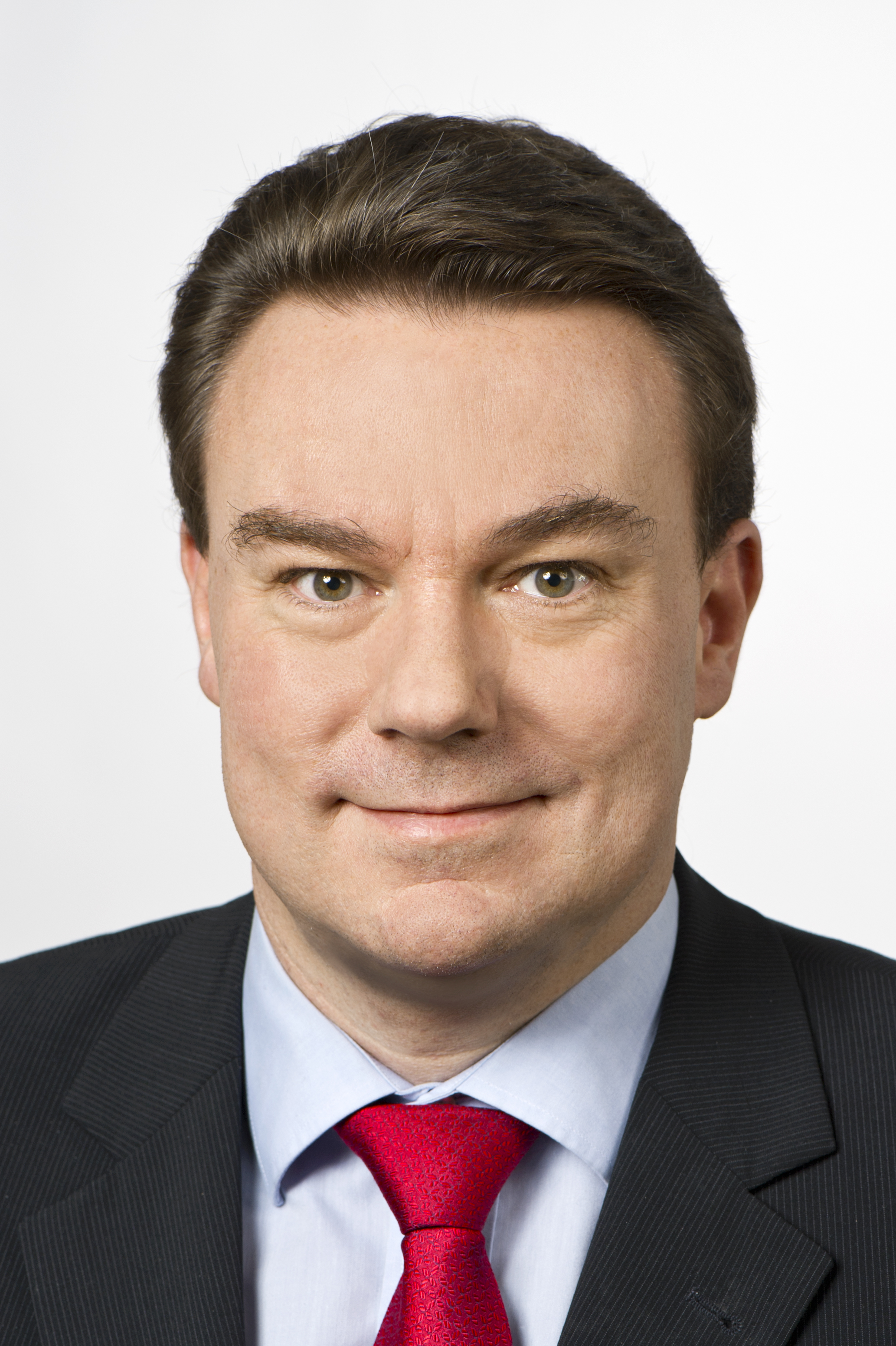
Carsten Steger, TU München, MVTec
Carsten Steger studied Computer Science at the Technische Universitäy; München (TUM) and received the PhD degree from TUM in 1998. In 1996, he cofounded the company MVTec Software GmbH, where he heads the Research Department. He has authored and coauthored more than 80 scientific publications in the fields of computer and machine vision, including several textbooks on machine vision. In 2011, he was appointed a TUM adjunct professor for the field of computer vision. He has been a member of the Technical Committee of the German Association for Pattern Recognition (DAGM) since 2013.
Track Chairs
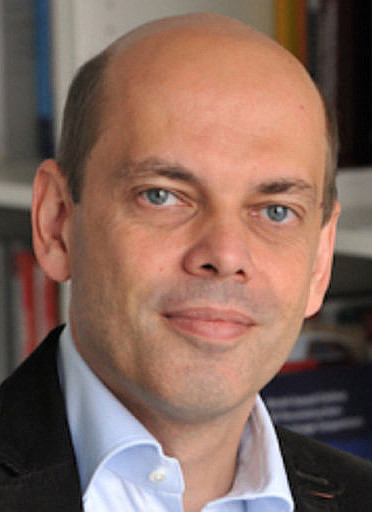
Joachim Denzler, University of Jena
Joachim Denzler is Professor of the University of Jena. His research interests include Bio-Medical Image Analysis, Image Understanding, Lifelong Learning and Applied Computer Vision. He has been a member of the Technical Committee of the German Association for Pattern Recognition (DAGM) since 2015.

Xiaoyi Jiang, University of Münster
Xiaoyi Jiang studied Computer Science at Peking University, China and received the PhD and the Venia Docendi (Habilitation) degree in Computer Science from the University of Bern, Switzerland. After working as Associate Professor at the Technische Universität Berlin in 2002, he became Full Professor at the University of Münster. His research interests are in the areas of Biomedical and 3D Image Analysis, Pattern Recognition as well as Machine Learning. He co-authored more than 250 research papers in the fields of Computer Science and Biomedical Imaging. He has been a member of the Technical Committee of the German Association for Pattern Recognition (DAGM) since 2015.
Track Chairs
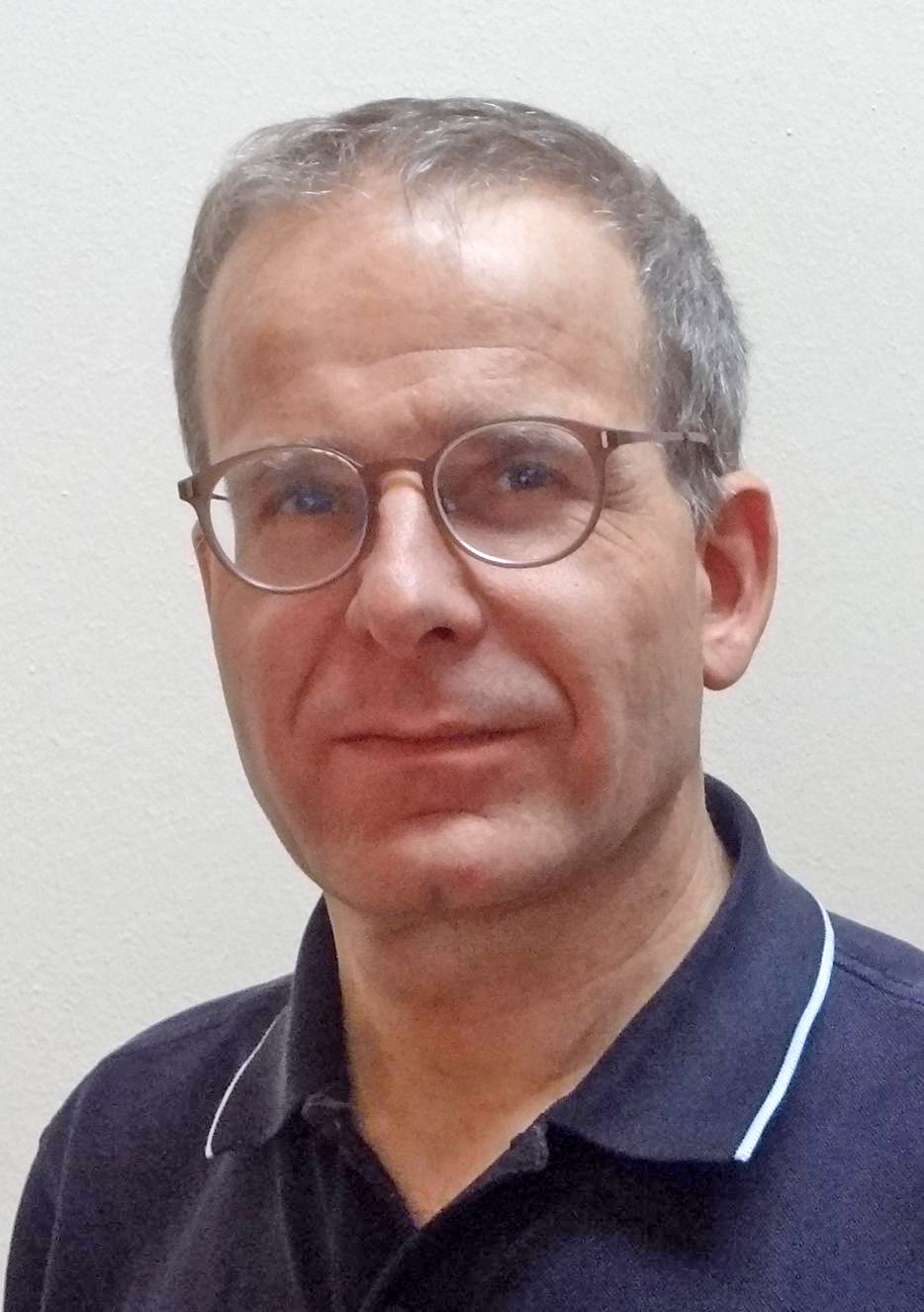
Helmut Mayer, UniBW München
Helmut Mayer studied Surveying at the Technische Universität München (TUM). At the same university he received his PhD and the Venia Docendi (Habilitation) degree in Photogrammetry. After a research visit at the Royal Institute of Technology (KTH) Stockholm, Sweden, he became Full Professor for Photogrammetry and Remote Sensing at the University of the Bundeswehr München (UniBWM). His research interests are in the areas of Localization, Dense 3D Reconstruction, Object Extraction from Aerial Photographs and Facade Interpretation. He has been a member of the Technical Committee of the German Association for Pattern Recognition (DAGM) since 2009 and became its speaker in 2015.
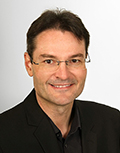
Uwe Sörgel, University of Stuttgart
Uwe Sörgel chairs the Institute for Photogrammetry at University of Stuttgart, Germany. He received the Diplomingenieur (M.Sc.) degree in electrical engineering from University of Erlangen-Nuremberg, Germany, in 1997. From fall 1997 to the end of 2005, he was a research associate with the Institute for Optronics and Pattern Recognition (FOM) located in Ettlingen (Germany), which was part of FGAN, a former German research establishment focusing on defense-related studies. At that time, he dealt mainly with pattern recognition of man-made objects from remote sensing imagery, with emphasis on SAR data. In parallel, he earned a PhD in electrical engineering and computer science from the Leibniz Universität Hannover, Germany, in 2003. Prior to his current position starting from 2006 he was first Assistant Professor and later Associate Professor for Radar Remote Sensing and for Radar Remote Sensing and Active Systems, respectively, at Leibniz Universität Hannover. From October 2013 until end of March 2016 he was Full Professor for Remote Sensing and Image Analysis at Technische Universität Darmstadt, Germany.
![Foto by Avda (Own work) [CC BY-SA 3.0 (http://creativecommons.org/licenses/by-sa/3.0)], via Wikimedia Commons Joint Conference GCPR/VMV 2018 - Stuttgart, Germany - October 10-12, 2018 - University of Stuttgart](images/gcprvmv_banner2018_2_850x150.png)
